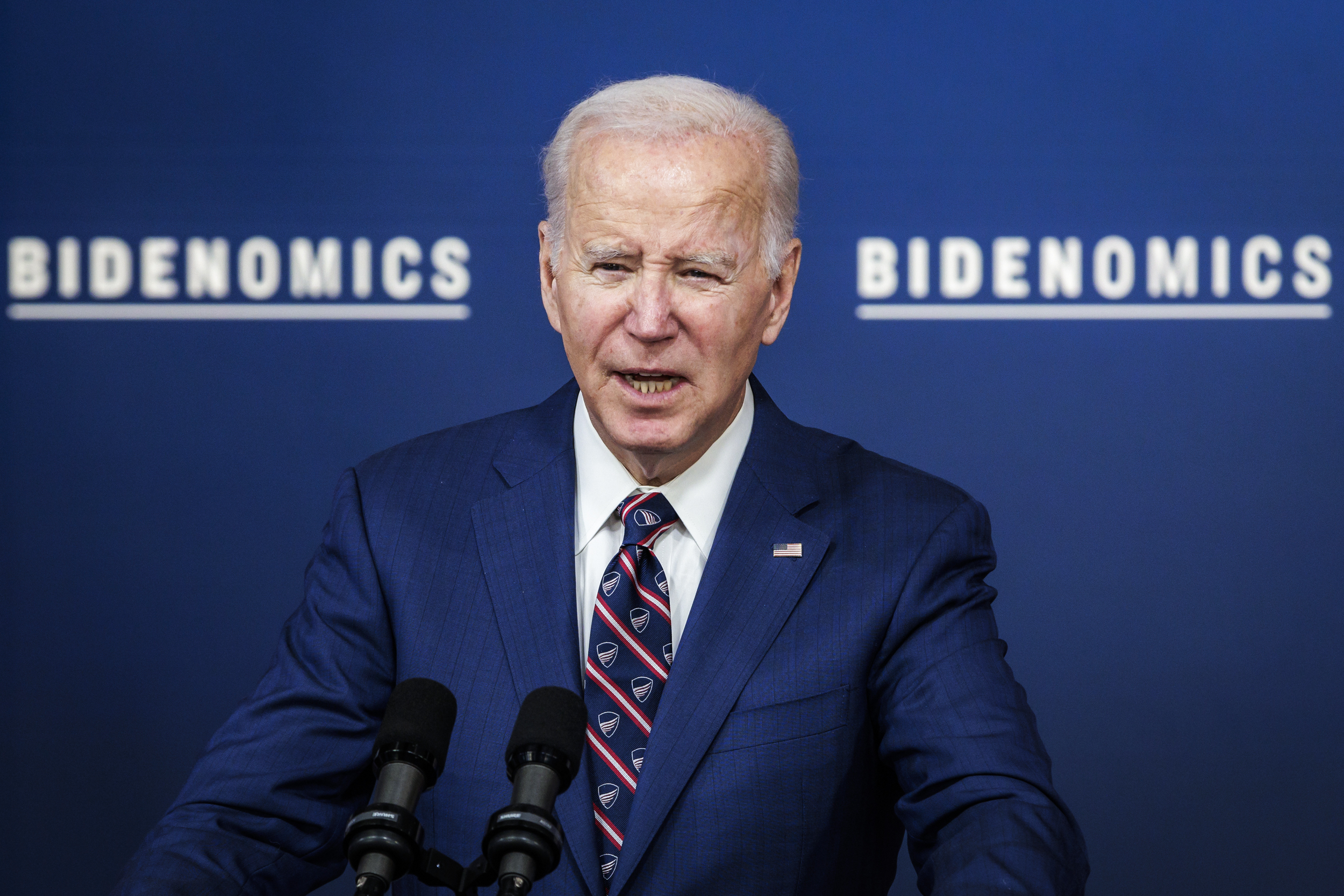With the political chessboard heating up for the next presidential election, it’s time to scrutinize the impact of President Joe Biden’s economic strategies, affectionately or ironically termed ‘Bidenomics’ by various quarters. On the surface, Bidenomics, with its multi-pronged economic legislation and interventions, appears to be a robust response to America’s pressing economic woes. However, a closer examination reveals a complex narrative where the very policies intended to fortify Biden’s standing could be inadvertently chipping away at his political base.
Economic Measures: Boon or Bane?
Biden’s presidency coincided with a tumultuous period marked by the COVID-19 pandemic. His administration’s response was to inject a massive $1.9 trillion stimulus into the economy, encompassing direct household payments and significant legislation like the Infrastructure Investment and Jobs Act, CHIPS Act, and the Inflation Reduction Act. These acts were aimed at rejuvenating parts of the economy desperately needing a boost.
While these measures helped stave off a recession and bolster the labor market, their immediate tangible benefits to the average American remain debatable. Real household incomes in the U.S. have seen a significant decline, with certain states faring worse than others. This economic backdrop paints a stark contrast to the administration’s optimistic narrative.
Housing Affordability: A Critical Pain Point
A glaring issue under the Biden administration is the housing crisis, particularly in key swing states. Data from the Federal Reserve Bank of Atlanta shows a worrying trend in housing affordability. In regions pivotal to election outcomes, such as Kent County, Michigan, and Maricopa County, Arizona, a significant portion of residents’ income now goes towards housing, surpassing the 30% threshold deemed affordable.
This housing crisis dovetails with a broader economic discontent. Despite inflation tapering off and incomes rising, many Americans feel a pinch in their wallets, struggling to reconcile their economic realities with the optimistic economic indicators presented by the administration.
Bidenomics: A Double-Edged Sword?
Bidenomics, from Biden’s perspective, represents a shift towards government intervention in the economy to support the middle-class through targeted actions. This includes ambitious initiatives like the Chips and Science Act and the Inflation Reduction Act. Yet, what’s billed as proactive industrial policy is a subject of heated debate. Critics argue that Biden’s approach lacks a coherent strategy and may prop up non-viable industries in the market context.
Moreover, Bidenomics’ global implications are concerning. The U.S.’s assertive economic policies have prompted similar responses from allies, potentially leading to a subsidy war that raises costs for companies and consumers. This global economic chess game, while showcasing Biden’s proactive stance, might not translate into immediate benefits for the average American voter.
The Electoral Equation
Despite Biden’s assertive economic policies, their real-world impact on voters’ lives is murky. The economic boost from Bidenomics has been significant but has not necessarily translated into a feeling of economic security among voters. This sentiment is evident in swing states where the economic narrative could decide the election’s outcome.
Voters, grappling with real income reductions and housing affordability crises, might not fully appreciate the long-term benefits of Biden’s economic policies. The disconnect between the administration’s economic strategy and voters’ day-to-day experiences is a critical factor that could influence their electoral choices.
Bidenomics, with its ambitious and broad-spectrum economic interventions, presents a paradox. While intended to bolster the U.S. economy and provide a safety net for the middle class, the policies’ immediate impacts on voters’ lives are less clear. As the next election looms, the effectiveness of Bidenomics will be a crucial determinant of Biden’s political fortunes, painting a complex picture of a presidency caught between ambitious economic policymaking and the gritty realities of voters’ daily lives.





